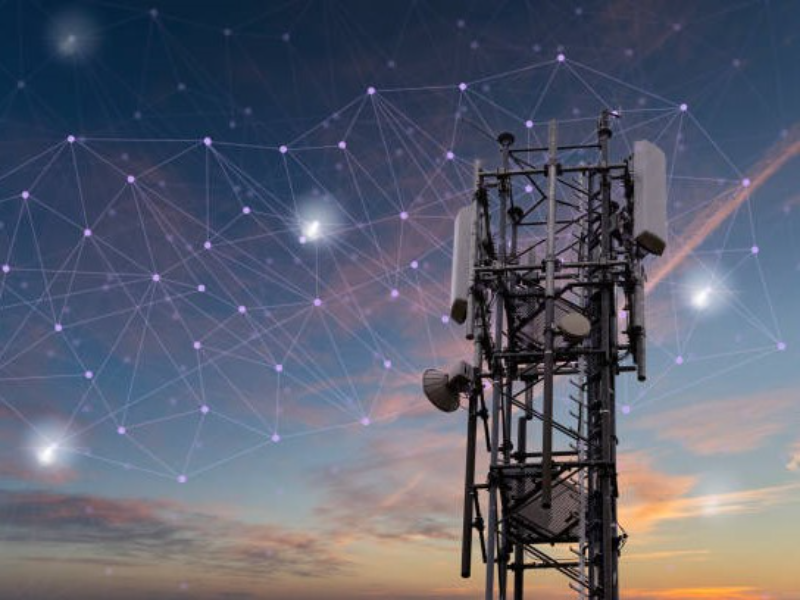- Internet speed measures how fast data is transferred, while bandwidth is the maximum amount of data that can be transferred.
- Faster speeds are not solely dictated by higher bandwidth, as factors such as network congestion and hardware capabilities also significantly influence performance.
In the realm of internet connectivity, terms like “internet speed” and “bandwidth” are often used interchangeably. However, they refer to different aspects of your online experience. This blog delves into the core differences between internet speed and bandwidth, explaining how each affects your network performance.
What are internet speed and bandwidth?
1. Internet speed
Definition: Internet speed refers to the rate at which data is transferred from the internet to your device and vice versa. It is typically measured in megabits per second (Mbps).
Measurement: Speed tests measure internet speed by calculating the time it takes for a specific amount of data to be uploaded or downloaded.
Factors Influencing Speed: Your internet speed can be affected by various factors, including network congestion, the quality of your internet service provider (ISP), and the efficiency of your network equipment.
2. Bandwidth
Definition: Bandwidth is the maximum rate at which data can be transferred over an internet connection in a given amount of time. It is also measured in Mbps.
Capacity: Think of bandwidth as the capacity of your internet connection, similar to the width of a highway. The wider the highway, the more cars (data) can travel on it at once.
Influence: While higher bandwidth allows more data to be transferred simultaneously, it doesn’t necessarily translate to faster speeds, especially if the network is congested or the equipment is outdated.
Also read: Do proxy servers increase internet speed?
Also read: Bandwidth: A guide to networking speed and performance
Differences between internet speed and bandwidth
1. Functionality
Internet speed: Reflects the actual rate of data transfer at any given moment.
Bandwidth: Indicates the maximum potential data transfer rate of a connection.
2. Performance indicators
Internet speed: Determines how quickly web pages load, how smooth streaming video plays, and how fast files download.
Bandwidth: Sets the upper limit on the amount of data that can be transferred per second but doesn’t guarantee maximum speed at all times.
3. Impact of network congestion
Internet speed: Directly affected by the number of users on the network. More users can slow down the internet speed due to limited data transfer rates.
Bandwidth: High bandwidth can accommodate more users and devices without significant slowdowns, but the actual speed can still be influenced by the number of active connections.
4. Application in real life
Internet speed: Important for activities requiring real-time data transfer, such as video calls, online gaming, and streaming.
Bandwidth: Crucial for supporting multiple devices and high-data activities simultaneously without significant performance drops.

